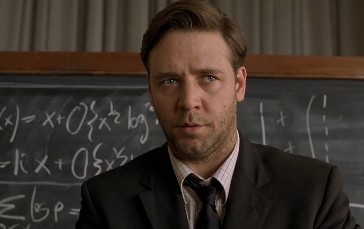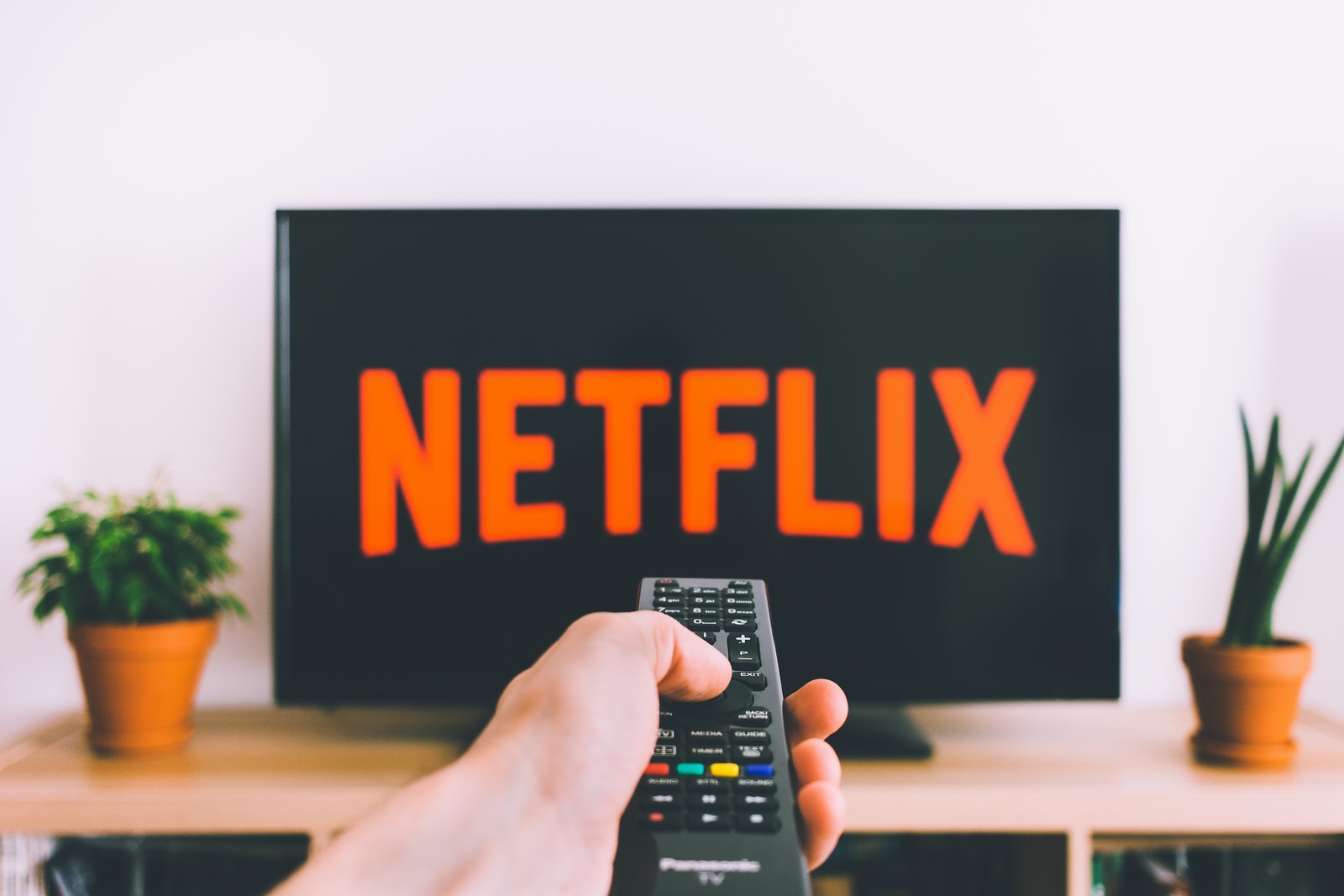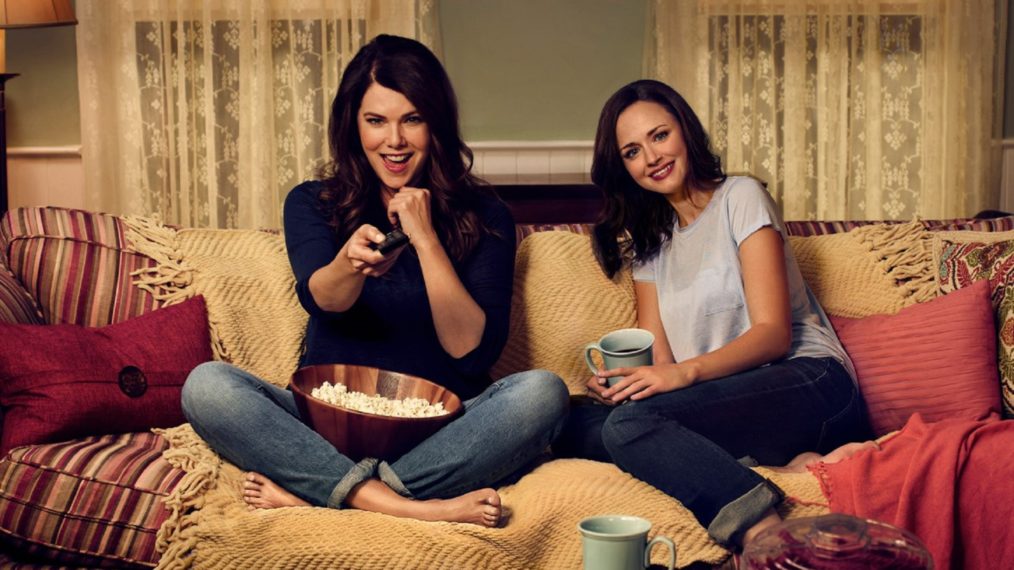For as long as movies and TV have existed, people have looked to them for stress relief. It’s easy to relax a little after a long day, have a laugh with friends or procrastinate a little with a soothing thought “I always can buy thesis online…” And binge-watching a favorite show or movie can be amazing self-care. Movies and TV can also be a way to educate yourself, and reflect on personal and social issues like mental health. But can they actually help improve or support mental health?
In honor of Mental Health Awareness Month in 2022 and beyond, we’re taking a look at cultural phenomena like “binge-watching” and “movie therapy.”
Join the PERA (Personal Entertainment Research Assistant) waitlist.
The World’s Most Indispensable Movie App
The RunPee app tells you the best times to
run & pee during a movie
so you don't miss the best scenes.
Download the RunPee app.
100% free (donation supported)
We’ll examine some ways that TV shows and movies can support mental health. We’ll include 5 binge-worthy mental health movie picks, as well as resources like mental health hotlines and a movie list that actual therapists recommend for better mental health.
Binge-Watching For Stress Relief And Entertainment: A Short History
Around 2012, something happened (besides the Mayan apocalypse). Movies and all forms of visual storytelling evolved into streaming content for the computer age. The general need for stress relief and relaxation increased as access to streaming content increased. Reliance on movies and TV as an Rx for stress and boredom intensified and people began to increase consumption. As a result, they needed a new way to describe their changing behaviors and motivations as viewers. The phrase “binge-watching” was born.
Binge-watching refers to the now ubiquitous practice of watching a movie or TV series with little or no interruption.
Perhaps this was the Mayan apocalypse?
Joking Aside, WTF Is Movie Therapy?
Movie therapy is the practice of using a film, series, or TV show to address personal issues that impact your mental health. Some studies indicate that movie therapy can be effective for more than casual stress relief. It can help treat conditions like PTSD, anxiety, or depression.
Although it can be a form of self-treatment, movie therapy is often done with the support of a competent and qualified mental health professional.
What people are saying
about the RunPee app.
Brilliant idea with great information
I’ve been using RunPee for a few years now and it’s basically a requirement of going to the movies for me. The best part of course are the “pee times” that give you cues, synopses and times for when you can pee without missing the most important parts of the movie. There is also information about the credits- length, extras and if there are any extra scenes at the wayyy end. Super helpful to just know that it is or isn’t worth staying. There is a timer function that will buzz your phone when it’s a good time to pee. I also appreciate that the app is very conscientious about it being an app you use in a theater- dark background, all silent alarms etc. I will always enjoy the experience of the theater even if I could watch things at home- but I’ve even used it at home to check for things like after credit scenes or other information too.
View all reviews
Apple App Store | Google Play Store
Download RunPee app
So, it’s like therapy. But with movies.
Movies, Mental Health, And Neuroscience
It’s counter-intuitive but watching sad movies can increase endorphins in your brain. And a study in Frontiers in Psychiatry found that participants who watched sad movies experienced a decrease in negative emotions like sadness, anger, and anxiety. Participants also reported feeling more positive emotions like happiness and love. This means that movies for depression can actually make you feel happier.
Binge-watching for stress relief can affect your brain, too, but in the opposite direction. While it’s generally harmless, too much binge-watching can change the brain’s dopamine system, which is responsible for rewards and pleasure. These changes can cause an increase in cravings and addiction-like behaviors. Too much binge-watching has also been linked to higher levels of stress and anxiety. It can contribute to behaviors that negatively impact mental health such as social isolation, sleep disturbance, or obesity.
Can Movies Really Help Mental Health?
The answer is YES, with some very important caveats.
Whether they’re binge-watched or consumed more casually, movies and TV shows can positively impact mental health when the content is appropriate to the goal and it’s consumed in moderation. Consumption shouldn’t create or perpetuate addictive patterns or other serious cognitive, psychological, or behavioral dysfunction that negatively impacts day-to-day function.
5 Mental Health Benefits Of Watching Movies And Film + A Mental Health Movie List
Watching films and series can potentially provide the following benefits. For mental health awareness month, or just a garden-variety mental health day, why not choose something from this list you need more of and match it with a movie or TV series pick? I’ve included suggestions to get you started.
Relaxation And Stress Relief
Maybe your idea of relaxation is checking out and being a couch potato for a while. Or perhaps you use movies or series like familiar “storybooks” to rewatch again and again. I get it. They can bring us so much comfort that we’ll even play them in the background as we go about our days. One of my favorites for this is Gilmore Girls, the network original series.
Increased Motivation
 Have you ever watched a film or series and believed in yourself more when you finished it than when you began it? If so, you’ve already experienced the motivational impact of movies or TV. Watching something that models an ideal can also motivate change, or help build resilience and other character strengths. The Pursuit of Happiness, Fight Club, and Good Will Hunting come to mind as particularly motivational.
Have you ever watched a film or series and believed in yourself more when you finished it than when you began it? If so, you’ve already experienced the motivational impact of movies or TV. Watching something that models an ideal can also motivate change, or help build resilience and other character strengths. The Pursuit of Happiness, Fight Club, and Good Will Hunting come to mind as particularly motivational.
You can also use an anticipated movie or series as a reward for productivity or to provide a much-needed pause or break in a busy day.
Mood Boost
Remember endorphins? Mood boost movies and series give you warm feelings in your heart or make you laugh. Think cozy heartfelt dramas or rom-coms like Sandra Bullock’s The Lost City. They can also be documentaries, stand-up comedies, or anything that makes you feel a little lighter.
Support Bonding and Relationships
This is the domain of the classic friend or couple’s movie night. Pick something to inspire a cool conversation and a little connection. Just don’t forget to follow it up with the actual conversation and connection. Movies about mental illness like Silver Linings Playbook are perfect for combining social viewing with mental health awareness month.
Increased Inspiration, Learning, And Reflection
 Some films and series inspire meaningful introspection and reflection. The Shawshank Redemption or A Beautiful Mind belong in this category. These types of films or productions aren’t always dramas, either. Hannah Gadsby’s Nanette manages to inspire deep reflection and a mood boost. I think it’s the perfect tragi-comedy, but in stand-up form.
Some films and series inspire meaningful introspection and reflection. The Shawshank Redemption or A Beautiful Mind belong in this category. These types of films or productions aren’t always dramas, either. Hannah Gadsby’s Nanette manages to inspire deep reflection and a mood boost. I think it’s the perfect tragi-comedy, but in stand-up form.
Why Should We Care About Mental Health?
1 in 5 Americans suffers from a debilitating mental health condition. The World Health Organization states that mental illness represents 14% of the world’s global health burden, making it a significant barrier to wellbeing and survival across all regions and nations.
Movies and TV can be effective for stress relief, self-care, and even used therapeutically. But they cannot and should not substitute for qualified and competent mental health care.
We hope we’ve inspired you to conduct a little movie therapy of your own.
More Resources For Stress Relief And Mental Health
15 Mental Health Movies Therapists Actually Recommend
The American Psychological Association recommends these mental health crisis hotlines




Leave a Reply